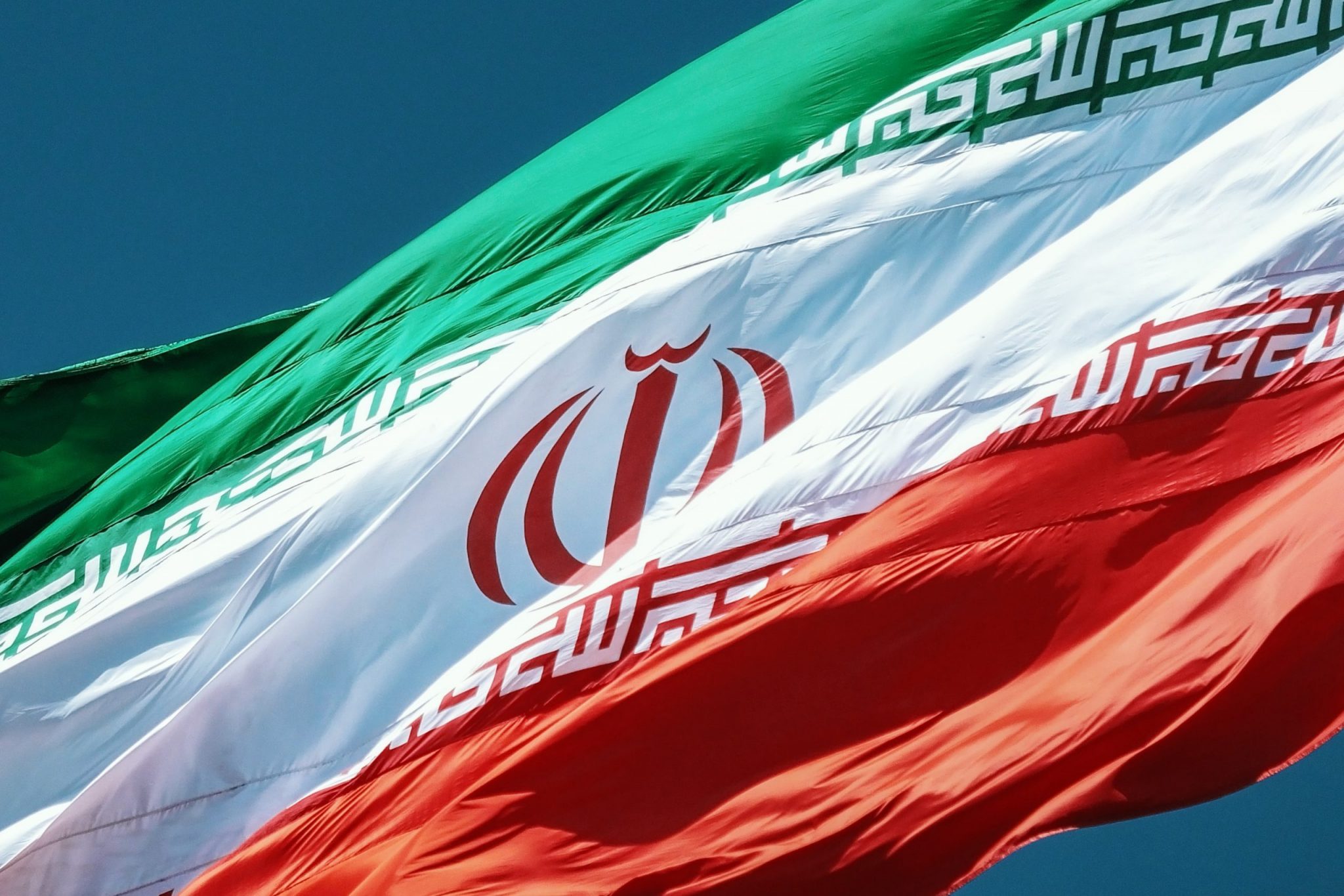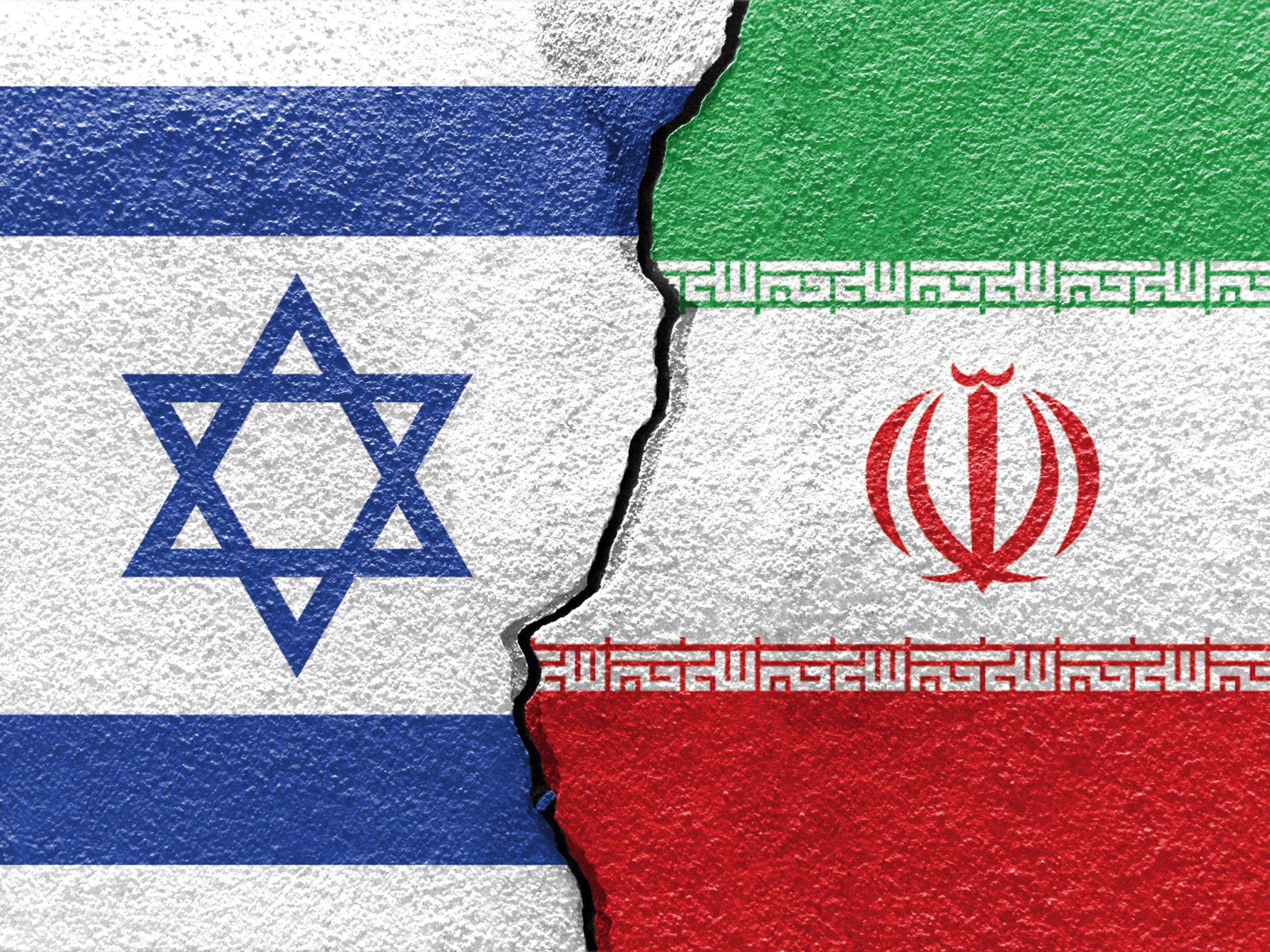Though its capabilities remain more limited than those of Russia or China, Iran is becoming a significant authoritarian actor challenging democracy in the United States and Europe. Through information manipulation, malign finance, and cyberattacks, Tehran seeks to weaken the United States and like-minded democracies to undermine their efforts at democratization beyond their borders. Find ASD’s work on Iran on this page.
Hamilton Toplines: August 2 – August 8, 2021
Russia Last week, Russian state media and diplomats continued to focus heavily on the Tokyo Olympics, celebrating Russian successes and amplifying President Putin’s claim that the ban of Russia’s name, flag, and anthem for violating anti-doping rule [...]
Hamilton Toplines: July 26-August 1, 2021
Russia As with most international media outlets, Russian state media outlets focused heavily on coverage of the Tokyo Olympics last week, a topic discussed in more detail in a recently published ASD blog post. They also continued to stoke vaccine sk [...]
Politics, Patriotism, and Propaganda: How Russia, China, and Iran Are Covering the Tokyo Olympics
Authoritarians have long used international sporting competitions as a platform for advancing political and geopolitical agendas, from using the successes of their athletes to boost national pride to opportunistically leveraging the global spotlight [...]
Hamilton Toplines: July 19-25, 2021
Russia The announcement of a U.S.-Germany deal on Nord Stream 2 last week provoked some criticism from Russian diplomats, who objected to the agreement’s “hostile” stance toward Russia. RIA Novosti also ran at least a couple of articles highlighting [...]
Top 5 German Election Dashboard Takeaways
Germany’s upcoming federal election in September is not only important for the German people but can be an alluring target for foreign and domestic actors seeking to influence the future trajectory of the country or seeking to undermine democratic p [...]
Dissidents: They Get the Job Done
Iranian operatives' attempt to kidnap Masih Alinejad highlights the critical role that dissidents and defectors play in combatting authoritarianism—as well as the risks autocrats will take to silence them. Earlier this month, federal prosecutors an [...]
Hamilton Toplines: July 12-18, 2021
Russia In coverage of the anti-government protests in Cuba, Russian state media amplified calls to end the U.S. embargo on the country and Cuban officials’ accusations that U.S.-funded mercenaries are fomenting the protests. The Russian Foreign Mini [...]
Between Messaging and Manipulation: How Russia, China, Turkey, and Iran Engaged in German Political Discourses in June 2021
What We’re Seeing on the 2021 German Elections Dashboard In June, as in previous months, foreign state-backed media and diplomatic accounts actively engaged in online German political discourses, at times manipulating information. Russian actors con [...]
Hamilton Toplines: July 5-11, 2021
Russian state media and diplomats extensively covered the U.S. withdrawal from Afghanistan last week, with Afghanistan ranking as the third most mentioned country and “Taliban” as one of the top 10 key phrases by monitored accounts. Notable narrativ [...]
Hamilton Toplines: June 28-July 4, 2021
Russian diplomatic accounts and state media widely promoted an article (English translation, Kommersant link) by Russian Foreign Minister Sergey Lavrov, pulling out various excerpts from the piece, including claims that the West is “imposing” its va [...]
Hamilton Toplines: June 21-27, 2021
Russian state media last week predictably decried the U.S. takedown of websites linked to Iranian propaganda, including Press TV, as an attack on free speech and evidence that the United States is selective about its commitment to safeguarding a fre [...]
Hamilton Toplines: June 14-20, 2021
A prominent topic for the Russian state media ecosystem last week was the June 16 Biden-Putin summit in Geneva, Switzerland. Russian state media and diplomatic accounts on Twitter put out Page Six-style, celebrity event coverage of the meeting venue [...]







